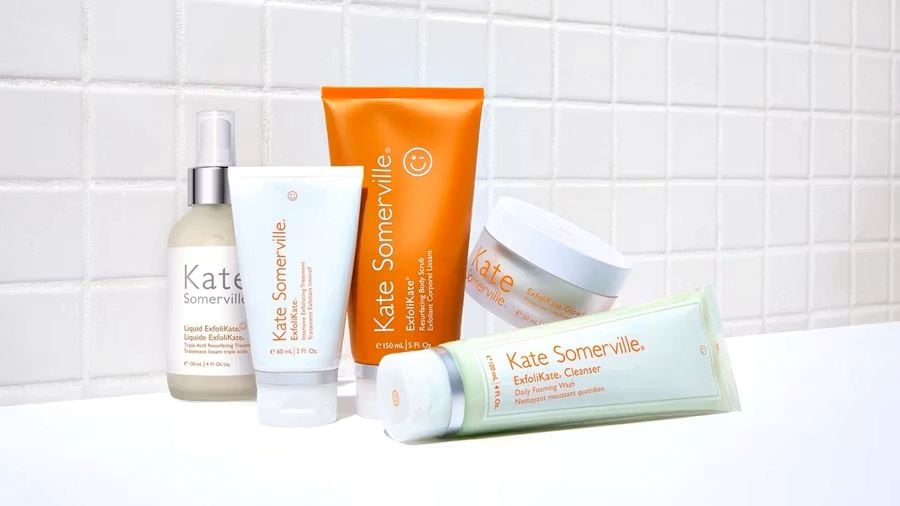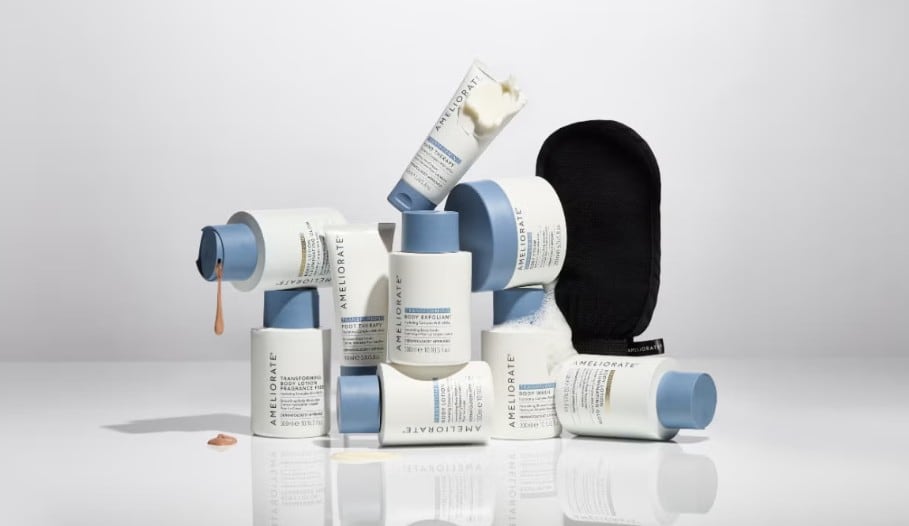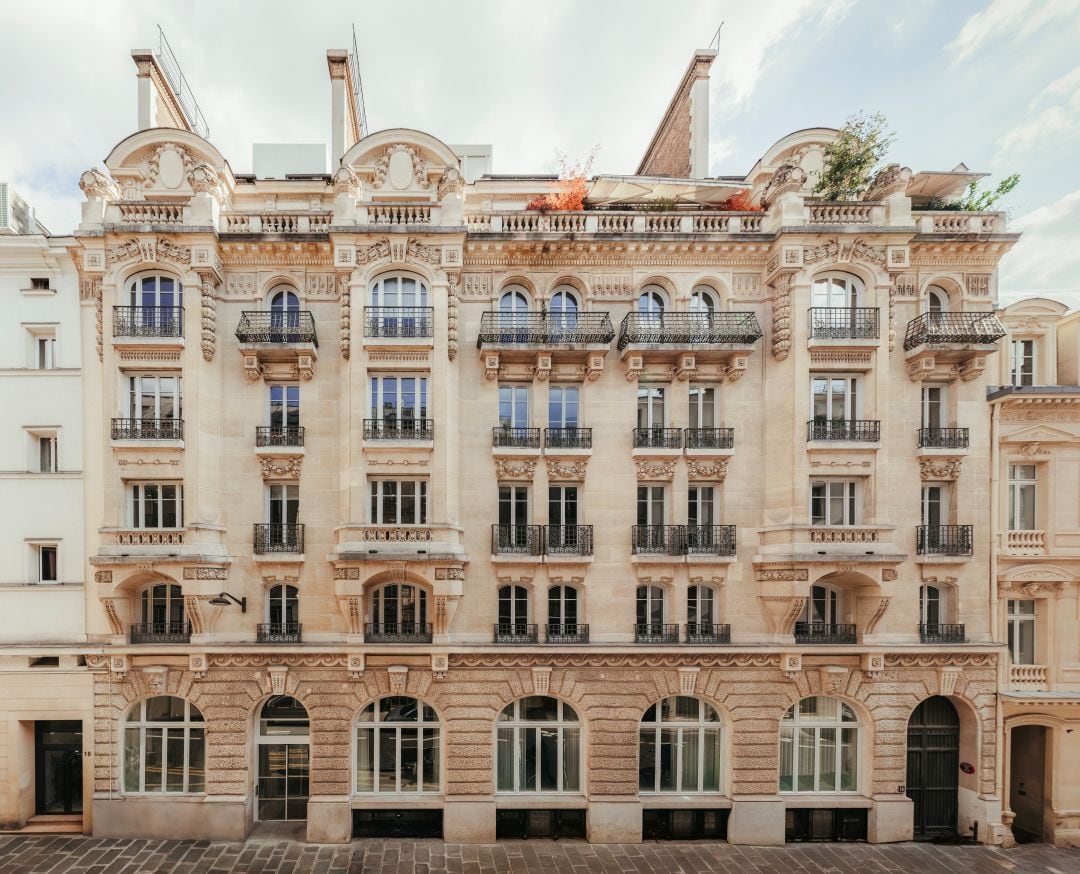Key takeaways
- Unilever sells Kate Somerville to Rare Beauty Brands.
- The brand, known for high-performance skincare, was acquired by Unilever in 2015.
- Rare Beauty Brands also owns Patchology and Dot Dot Dash.
- Unilever is focusing on premiumisation, innovation, and digital commerce in beauty.
- The transaction is expected to close in Q4 2025, pending regulatory approval
British FMCG company Unilever is selling luxury skincare brand Kate Somerville to Rare Beauty Brands, as it continues to divest from underperforming assets.
Founded by Los Angeles aesthetician Kate Somerville, the brand became known for its innovation and performance, and was acquired by Unilever in 2015. Its portfolio includes skincare, body care, and a clinic on Melrose Place. However, in recent years, it has struggled to maintain relevance in a saturated market.
According to Mary Carmen Gasco-Buisson, CEO of Unilever Prestige, the team has worked diligently over the past 18 months to accelerate Kate Somerville’s turnaround. “As the brand enters a new chapter, we believe its continued growth and success will be best supported by new ownership better aligned to its evolving needs,” she said. “We are confident that under Chris Hobson’s leadership and the Rare Beauty Brands team, Kate Somerville has a bright future ahead.”
US-based Rare Beauty Brands also owns skincare brands Patchology and Dot Dot Dash. Chris Hobson, President and CEO of Rare Beauty Brands, said the acquisition marks a significant milestone for the company. “We have long admired the brand’s innovative spirit and its commitment to results-driven skincare, which aligns perfectly with our mission to create products that delight, communities that empower, and brands that inspire.”
A focus on the convergence of beauty and wellness
Earlier this year, during its annual results presentation, Unilever signalled its intention to divest from underperforming assets and realign its portfolio. In 2024, the group sold Elida Beauty — which includes 20 brands such as Tigi, Q-tips, Caress and Timotei — to Yellow Wood Partners. In 2023, it had already sold Suave North America to the same firm.
In its most recent earnings update in August 2025, Unilever reported that its Beauty & Wellbeing division accounts for 21% of group turnover. Going forward, it plans to focus on three key priorities: premiumising its core Hair and Skin Care portfolios; fuelling growth of its Prestige Beauty & Wellbeing brands through selective international expansion; and strengthening competitiveness through innovation and a social-first approach to consumer engagement.
“Looking ahead, our priorities are clear: more beauty and wellbeing and personal care; disproportionate investment in the US and India; and a sharper focus on premium segments and digital commerce,” said CEO Fernando Fernandez.
The business’ latest acquisitions in the beauty space have included sustainability-focused brands such as UK-based refillable personal care brand Wild and men’s grooming brand Dr. Squatch.
In a recent exclusive interview with Cosmetics Design, Unilever’s Head of R&D for Beauty and Wellness, Jason Harcup, discussed how the convergence of beauty and wellness is an innovation priority for the group, citing strong success with beauty-wellness brands like Nutrafol.
The Kate Somerville transaction is expected to close in the fourth quarter of 2025, subject to regulatory approval.





